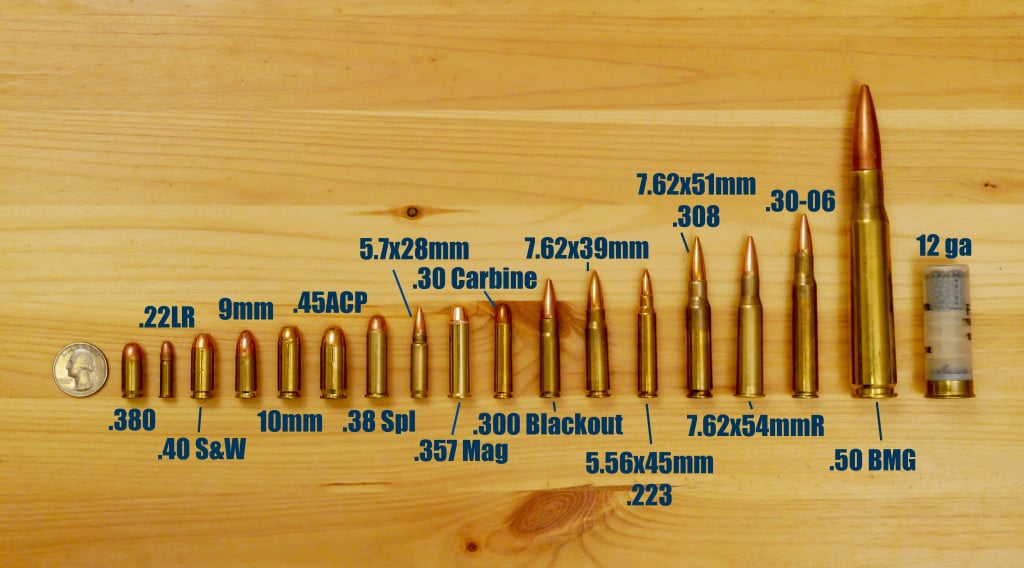Aeson
I learned nerd for this.
Trigger Warning: If you're triggered by gun fire or physics, grow up, and just watch the video.
[video=youtube_share;IoYm8lcJQ0o]https://youtu.be/IoYm8lcJQ0o[/video]
I like that the one they find qualified to shoot is a veterinary student. They used a .22 caliber. Would the results differ using a larger caliber gun? Hand gun vs long gun?
[video=youtube_share;IoYm8lcJQ0o]https://youtu.be/IoYm8lcJQ0o[/video]
I like that the one they find qualified to shoot is a veterinary student. They used a .22 caliber. Would the results differ using a larger caliber gun? Hand gun vs long gun?

